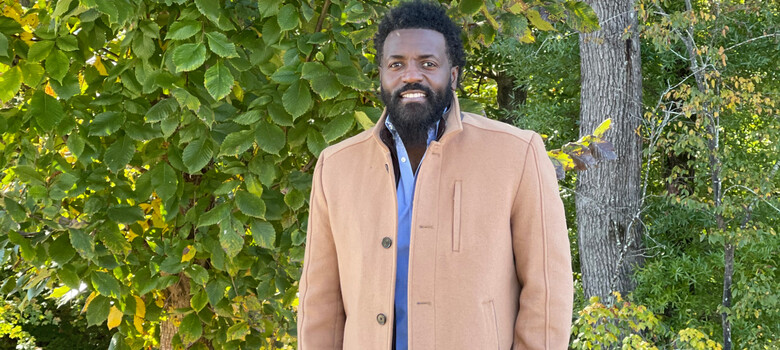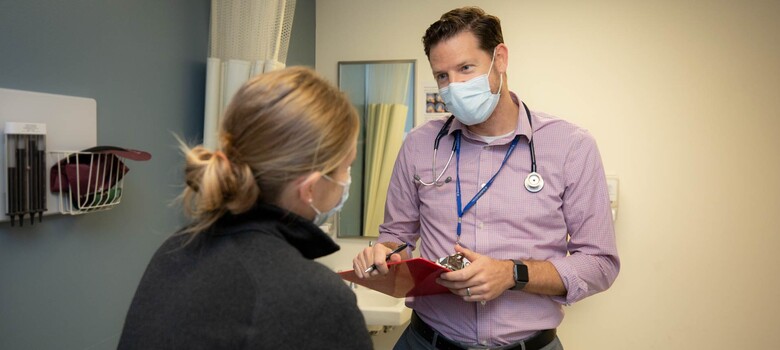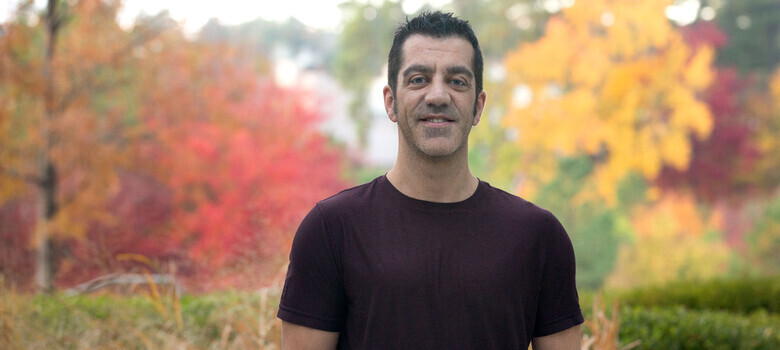Alternatives to Heart Transplant? You Have Options

Heart transplantation can be a life-saving treatment for severe heart failure, but it’s a serious operation that requires a lifelong commitment. As a result, a heart transplant is not the best option for everyone. Fortunately, there are alternatives. “There are new therapies coming out every day,” said Adam DeVore, MD, a Duke transplant cardiologist and heart failure specialist. These new therapies can improve or help take over the heart’s function and prolong life.
What Does A Heart Transplant Require?
Most people who are eligible for a heart transplant have significant heart failure -- a chronic condition in which your heart has trouble pumping blood -- or another severe type of heart disease that could lead to death within one year. You may not be eligible for heart transplantation if you are over 70 years old or have other major health problems.
Taking care of your new heart after transplant is a lifelong effort. For this reason, a heart transplant requires certain commitments, including abstaining from tobacco and illegal substances and limiting alcohol, attending frequent follow-up appointments, and taking anti-rejection and other medications. People who get a heart transplant need a strong support network, not only to help with recovery after the transplant surgery itself, but also to help coordinate appointments and long-term medications.
If you aren’t eligible or if now is not the right time for heart transplantation, one of several alternatives may fit your needs.
Ventricular Assist Devices
Implantable left ventricular assist devices (also called VADs or LVADs) are mechanical pumps that help your heart supply blood to the rest of the body. They can extend a person’s life for years, either as they await transplant or as a definitive therapy in itself.
LVADs have internal and external components. The pump is inserted into the heart during surgery. It takes blood from the left ventricle, the largest chamber of the heart that is most often weakened in people with heart failure, and pumps it directly into the aorta toward the rest of the body. The pump is connected to a controller outside of your body by a thin cord that exits through a small incision in the abdomen. Battery packs attach to the controller to power the device. Together the controller and battery packs weigh about five pounds. Living with a VAD takes some getting used to. You’ll need to always have a reliable power source available. You'll also need to keep an eye out for infection. And although you can shower, you won’t be able to swim or take a bath, since the device can’t be submerged.
Although LVADs are often used as a “bridge” to heart transplantation (meaning it supports the rest of your body while you wait for a heart transplant), advances in technology have made LVADs smaller, more portable, and more viable as a final treatment; doctors sometimes refer to this as “destination therapy.” Depending on the severity of heart failure, most people with an LVAD are able to get back to living life pretty close to normal.
“Duke has been a pioneer in LVAD therapy. We have constantly worked to understand how to best care for these patients as the pumps have become more durable, smaller, and easier to implant, which all results in making it easier to have a normal life. We’re continuing to push the envelope from a technological perspective as well as a best-practice perspective,” said Duke advanced heart failure specialist and transplant cardiologist Stu Russell, MD.
Artificial Heart
Duke recently became the second center in the world to successfully implant a new form of mechanical heart pump known as the BiVACOR Total Artificial Heart (TAH). For people with heart failure of both the left and right sides of the heart, this device provides complete blood circulation for the entire body. Currently, the BiVACOR total artificial heart is only available as a temporary stabilizing option for people awaiting heart transplant surgery. However, pumps like these may also eventually serve as a permanent solution, similar to current LVAD treatments.
Other Surgical Options for Heart Failure
According to Dr. Adam DeVore, “heart failure” is an umbrella term for several heart conditions that lead to the heart failing. Depending on the underlying cause of your heart failure, surgery may be an option. For example, heart failure caused by coronary artery disease may benefit from coronary artery bypass graft (CABG) surgery. It reroutes your heart’s blood flow around a blocked, damaged, or narrowed blood vessel. Damaged or diseased heart valves can be treated with valve surgery to improve the heart’s ability to move blood properly. Ultimately, these operations may not cure your heart disease, and you might still need an LVAD or heart transplant later.
Heart Failure Medical Management
Whether you have a transplant, get an LVAD, or undergo a different kind of heart surgery, you’ll still need to make lifestyle changes (healthy eating, exercise, etc.) and take medications that help slow your heart disease and reduce its symptoms.
“The good news is there are new therapies coming out every day,” said Dr. DeVore. "We can help find the option that’s right for you."




